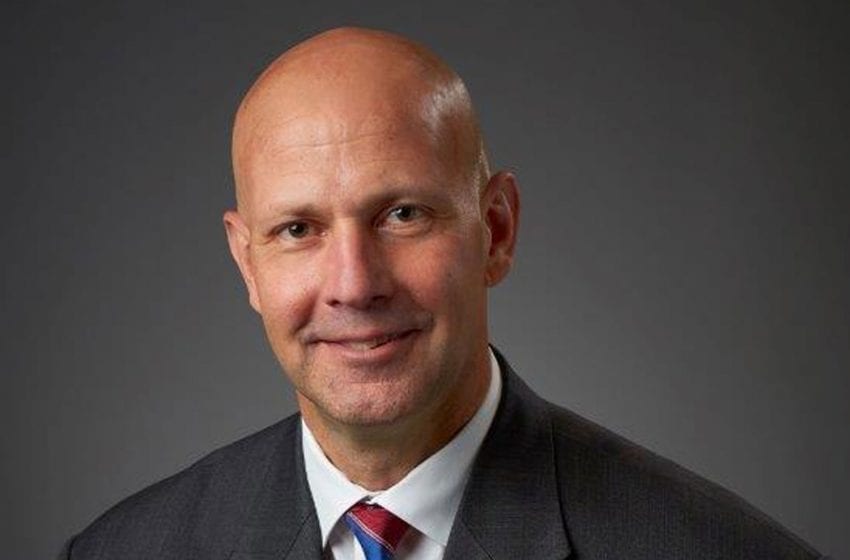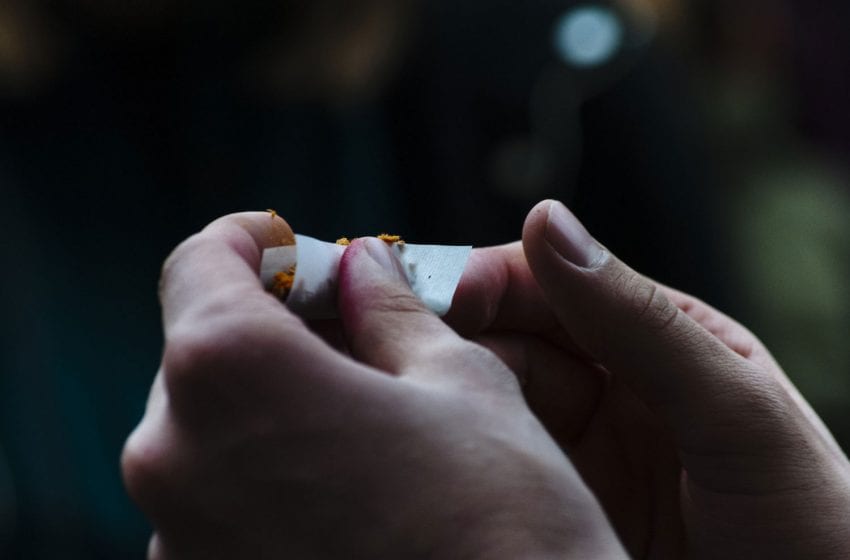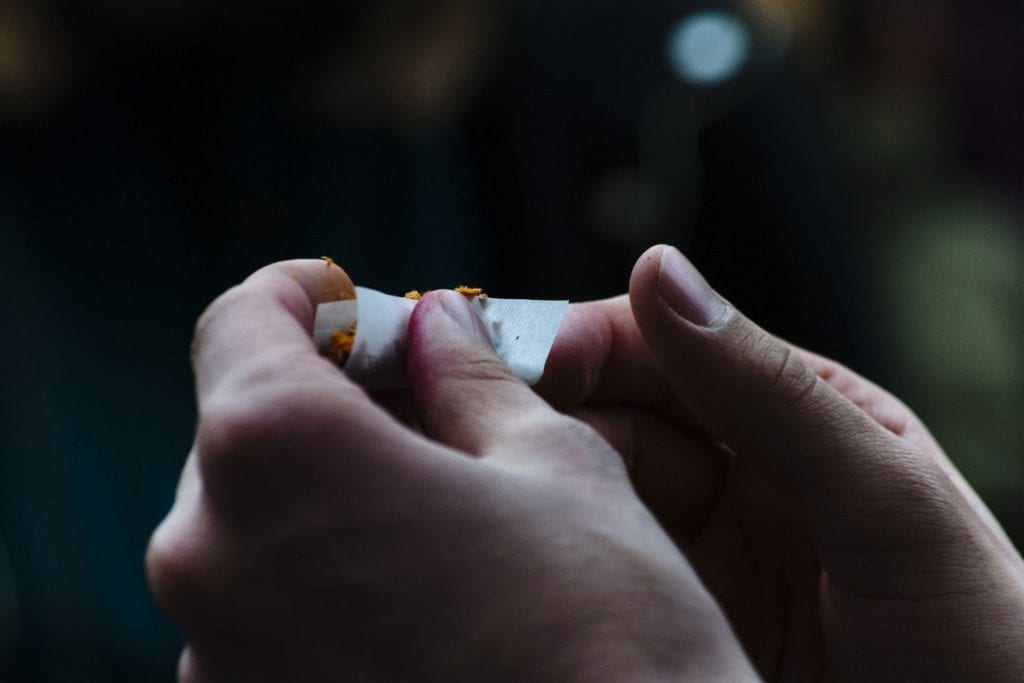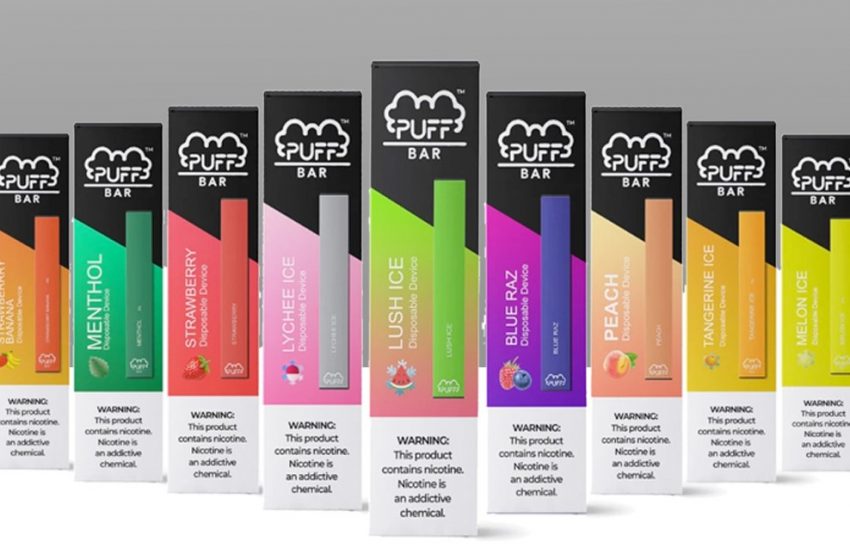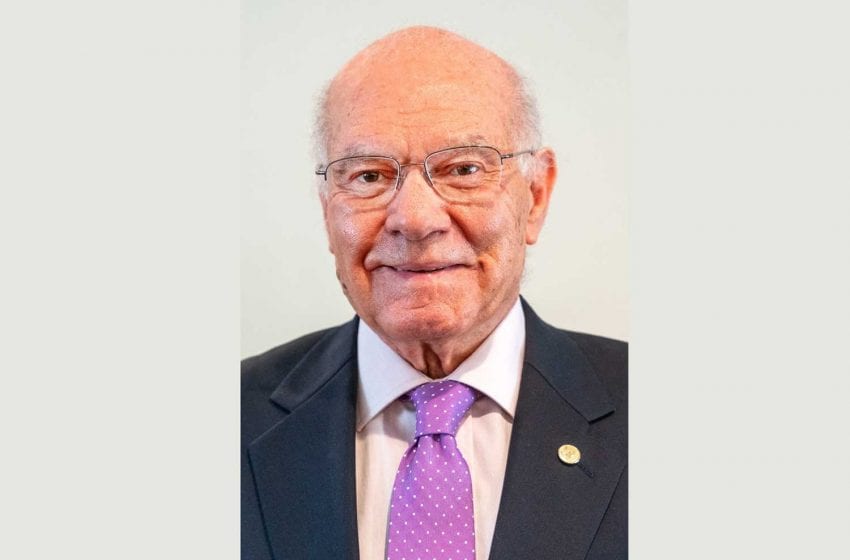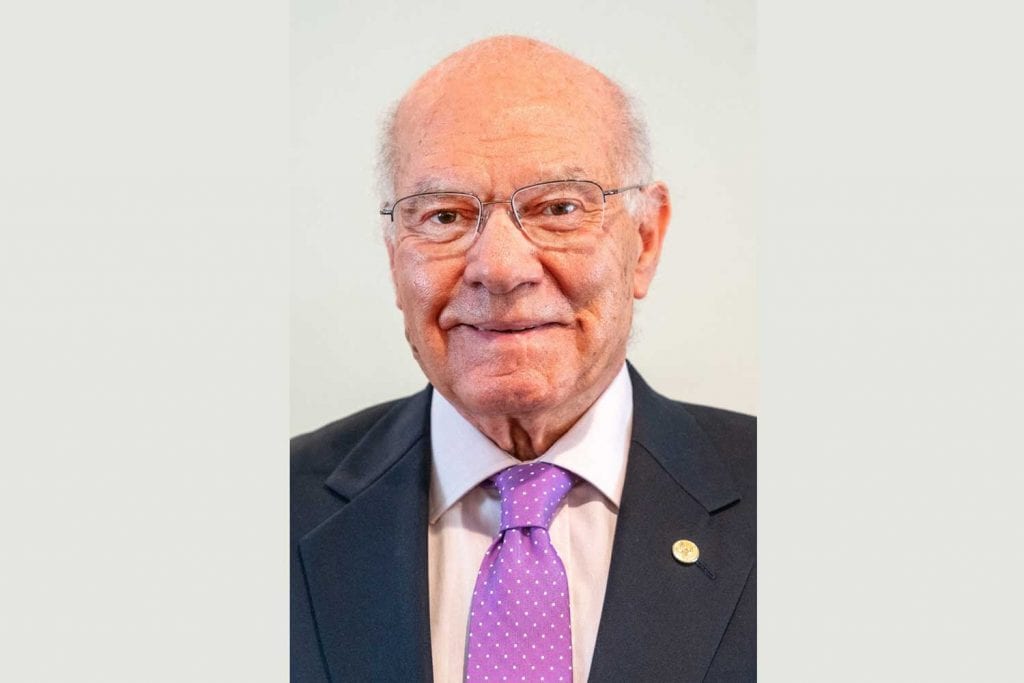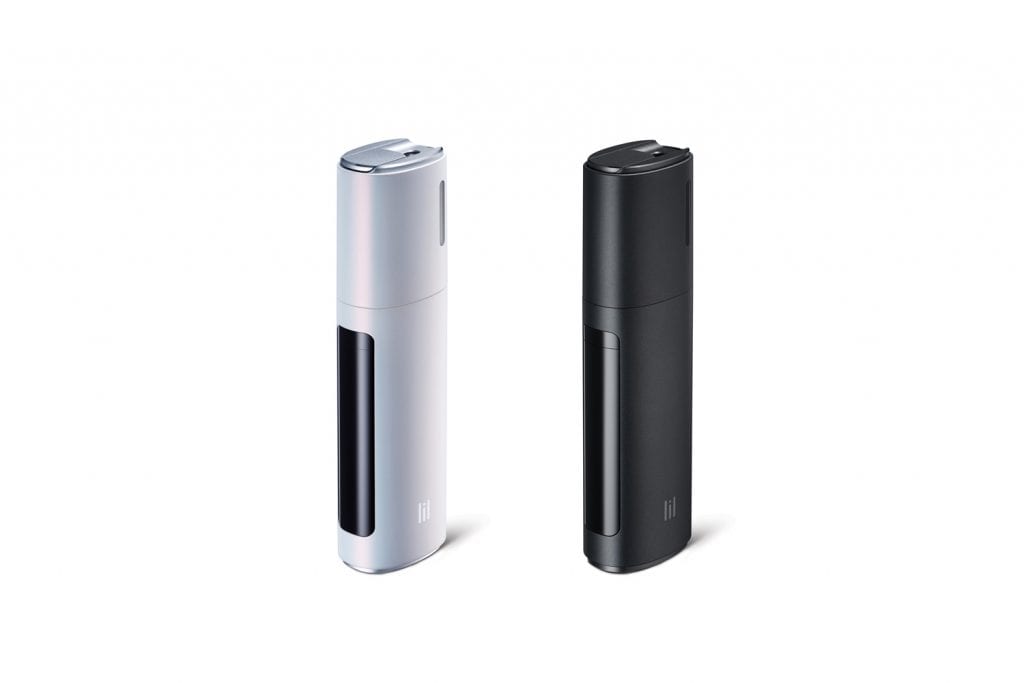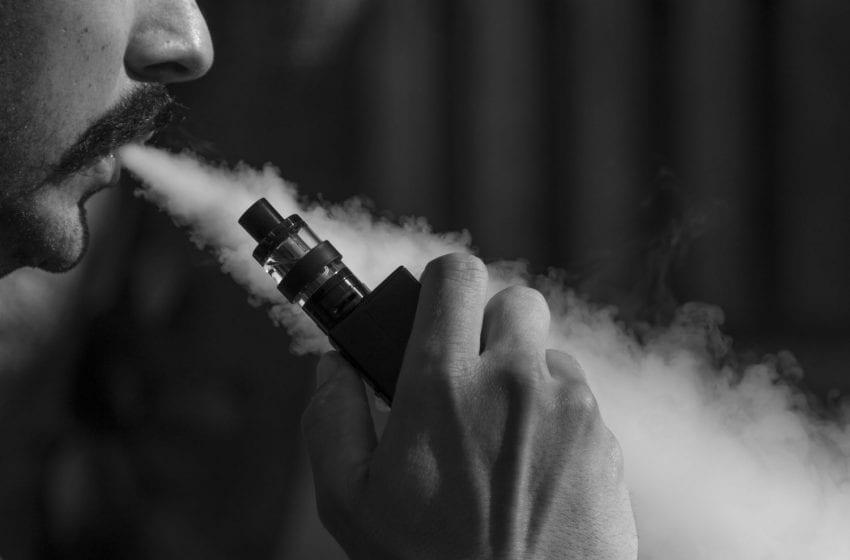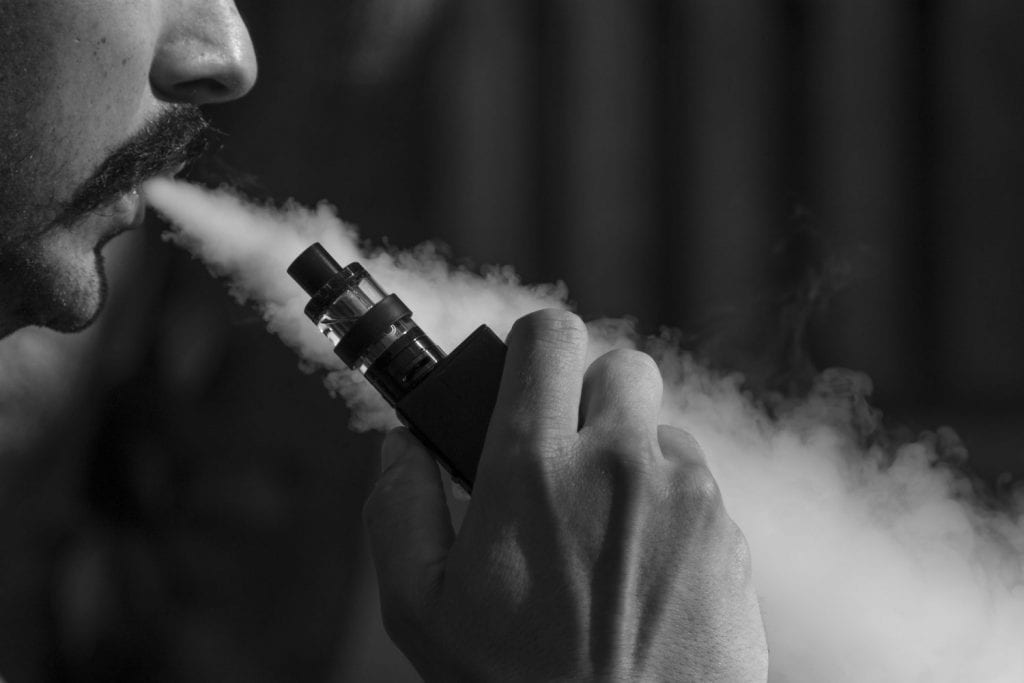
Joseph Dzierzawski has been named president and CEO of Beumer Corp., the U.S. subsidiary of the Beumer Group in Somerset, New Jersey, USA, effective April 27, 2020. He will be responsible for the business lines conveying and loading systems, palletizing and packaging technology, and sortation and distribution systems in the North American market.
With a degree in metallurgical engineering, he previously served at a German system supplier for the metallurgy industry. He then joined an international engineering and management consulting company, where he served as global director of technology and business development.
With annual sales of about €950 million ($1.07 billion) the Beumer Group employs 4,500 employees worldwide.

